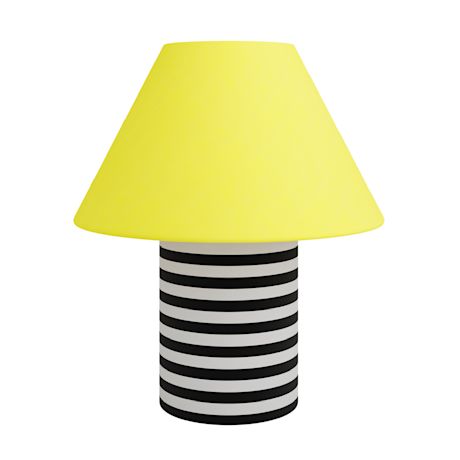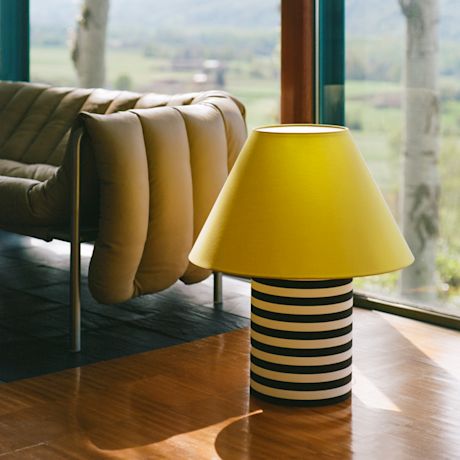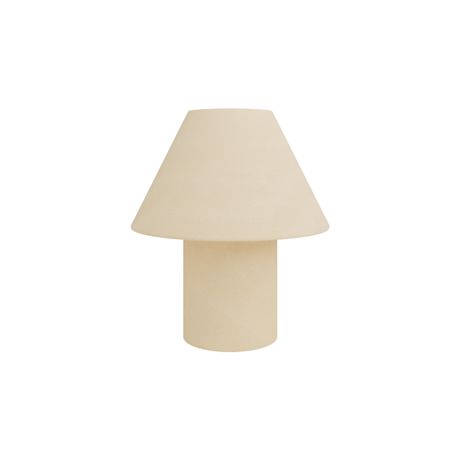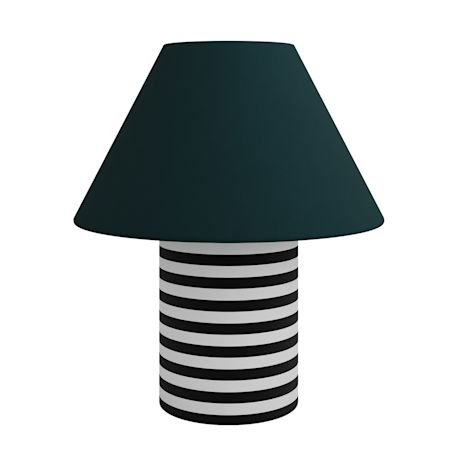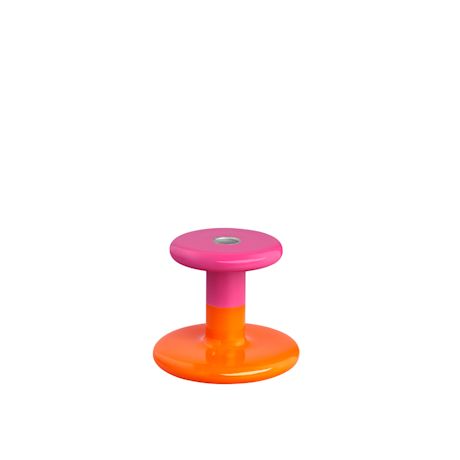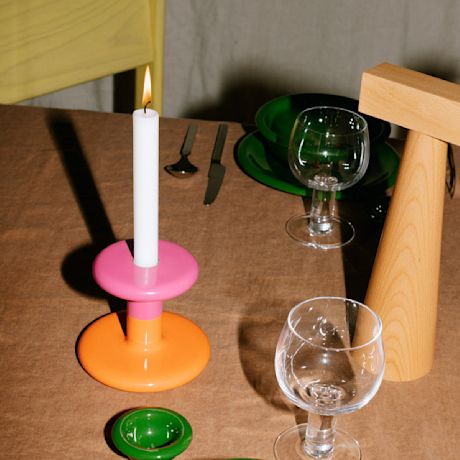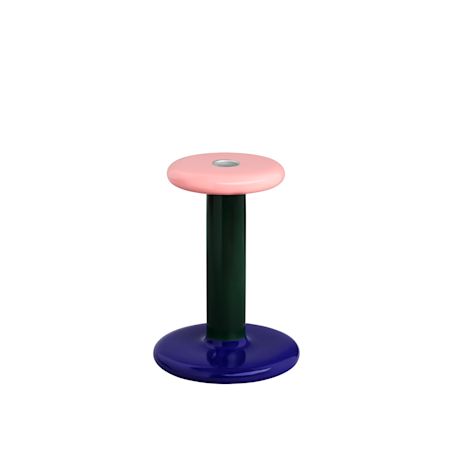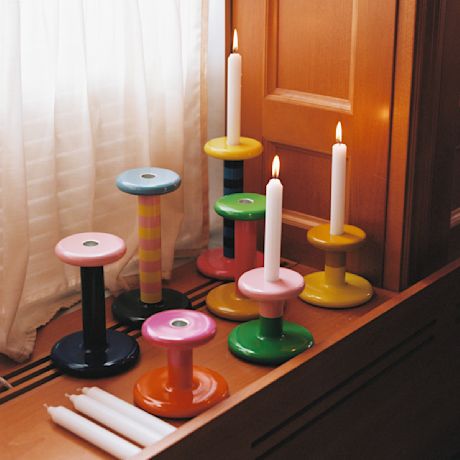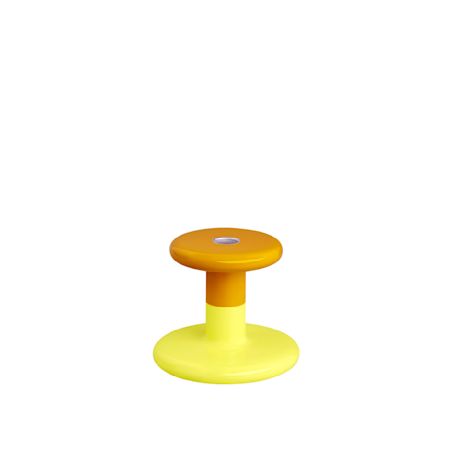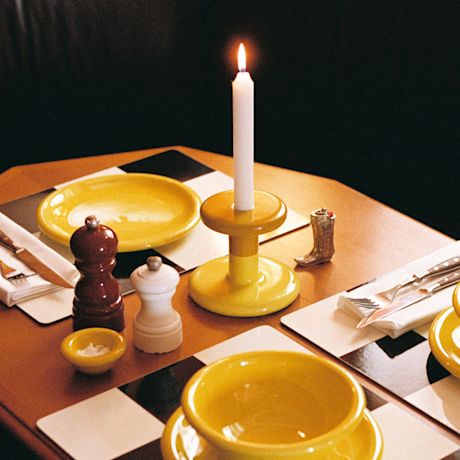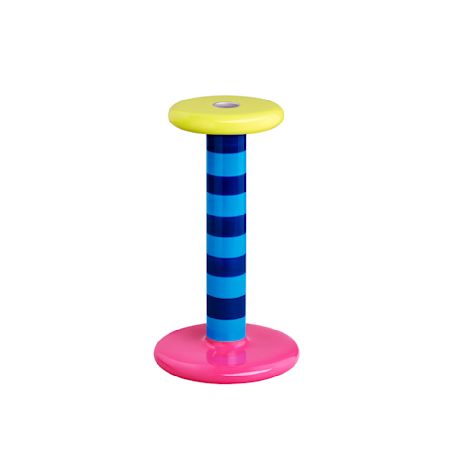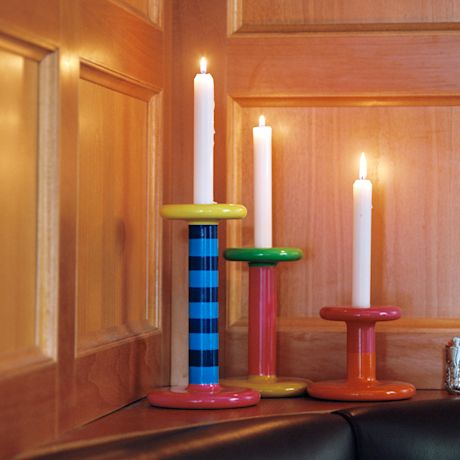On se rejoint à la villa!
The exhibition is available to the public now through September 1st. Visit the Villa Noailles website for more information.
Text Michael Snyder, Photography Luc Bertrand for Villa Noailles
On a bright July morning last year in his adopted city of Guadalajara, Mexico, Fabien Cappello opened a local newspaper called Mural and stumbled on a news item about, as luck would have it, a mural.
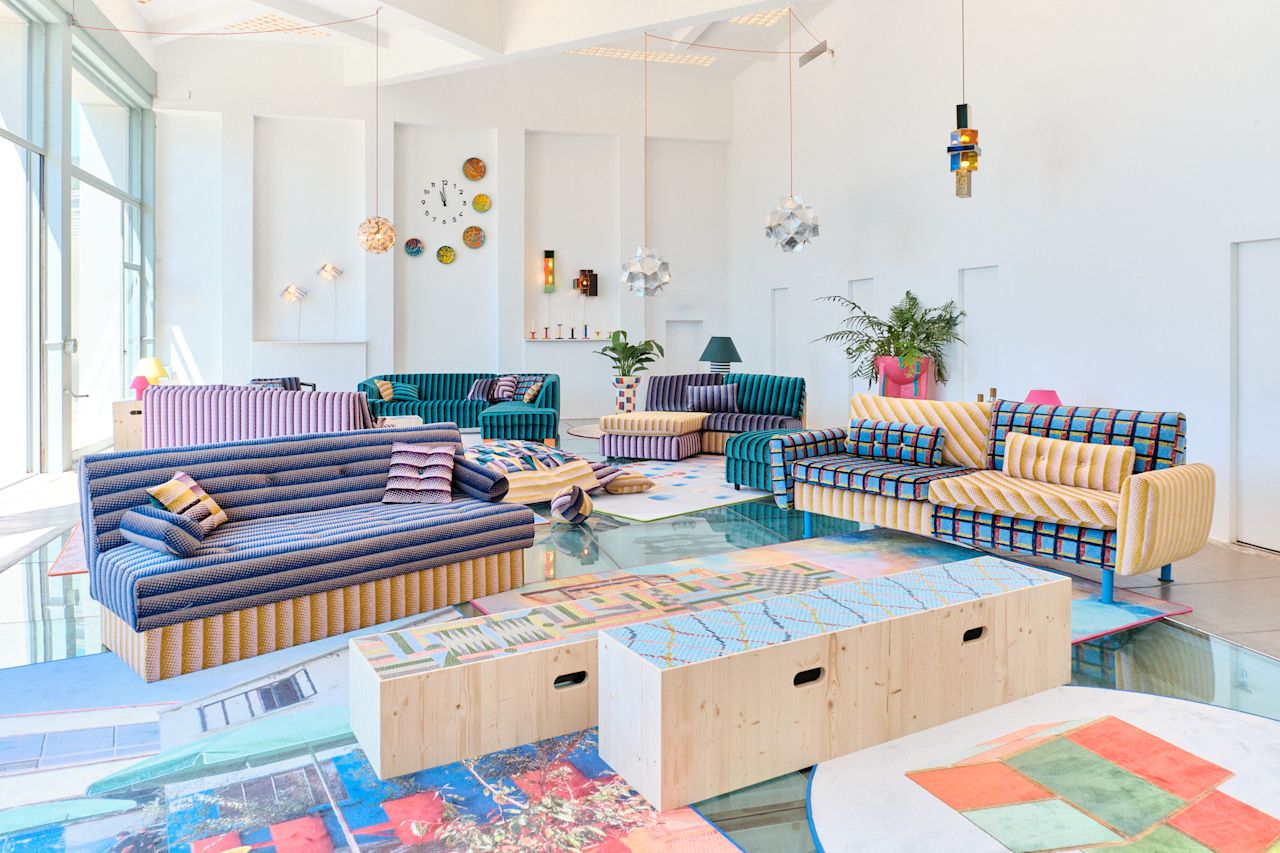
Photography Luc Bertrand - Villa Noailles
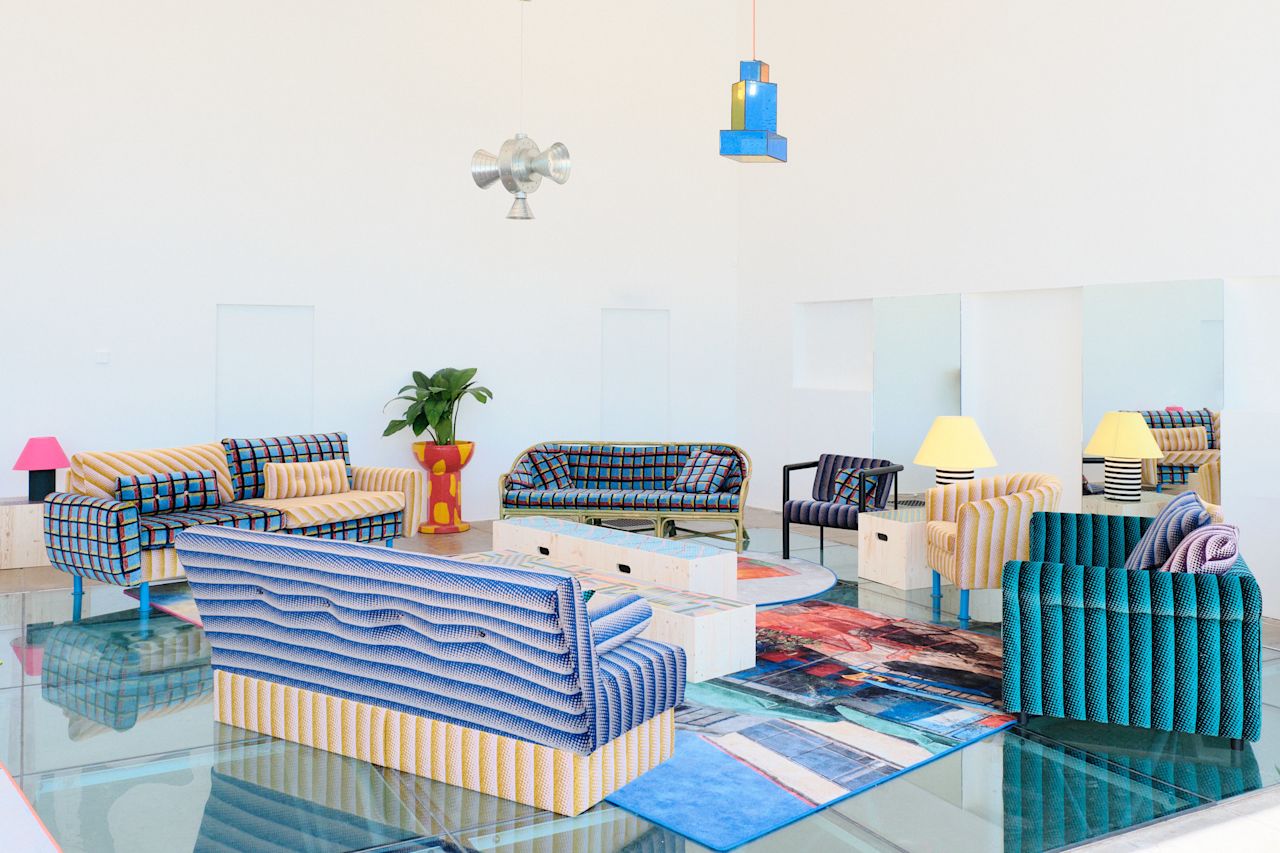
Cappello didn’t think much of the image, a towering eighteenth-century bishop blessing the city’s monuments, but the craftsmanship of the delicate mosaic was unmistakable. The workshop that had produced it, called Taller de Mosáico Artístico, happened to occupy a tiny slip of space a short distance from Cappello’s own studio. Before long, they’d begun to collaborate together on a sequence of gem-colored surface designs, equal parts Byzantium and Burle Marx: undulant fields of circles and waves; geometric fantasias; a loose weave of salmon, coral, ochre and navy unfurled over a field of robin’s-egg blue, like a fishnet gone slack in the water. This last design Cappello had first conceived as a textile. The workers at Taller de Mosáico Artístico translated it into a hardscape that might, at some point, become a textile again, conserving the archaic pixelation introduced by the ceramic tiles.
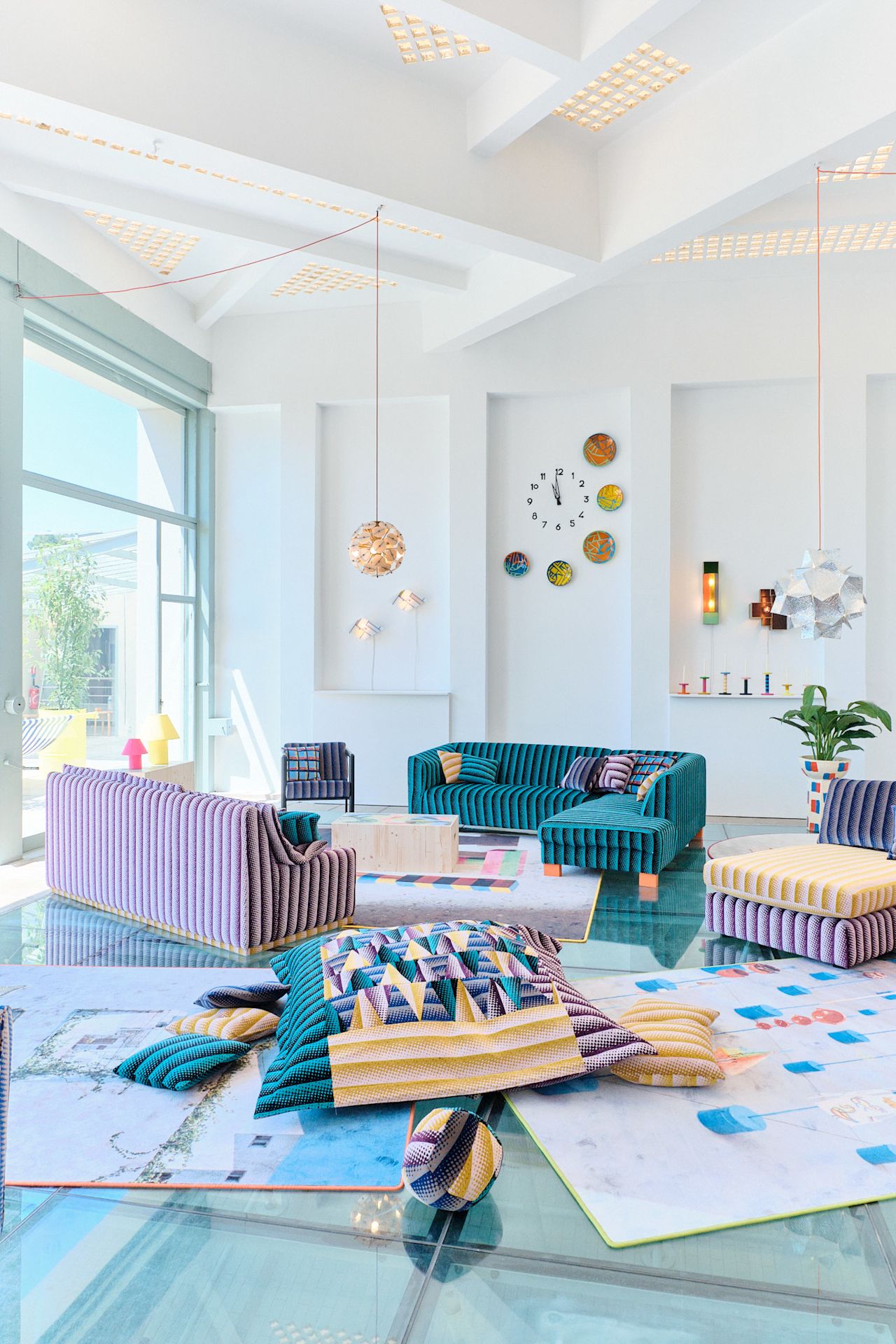
Photography Luc Bertrand - Villa Noailles
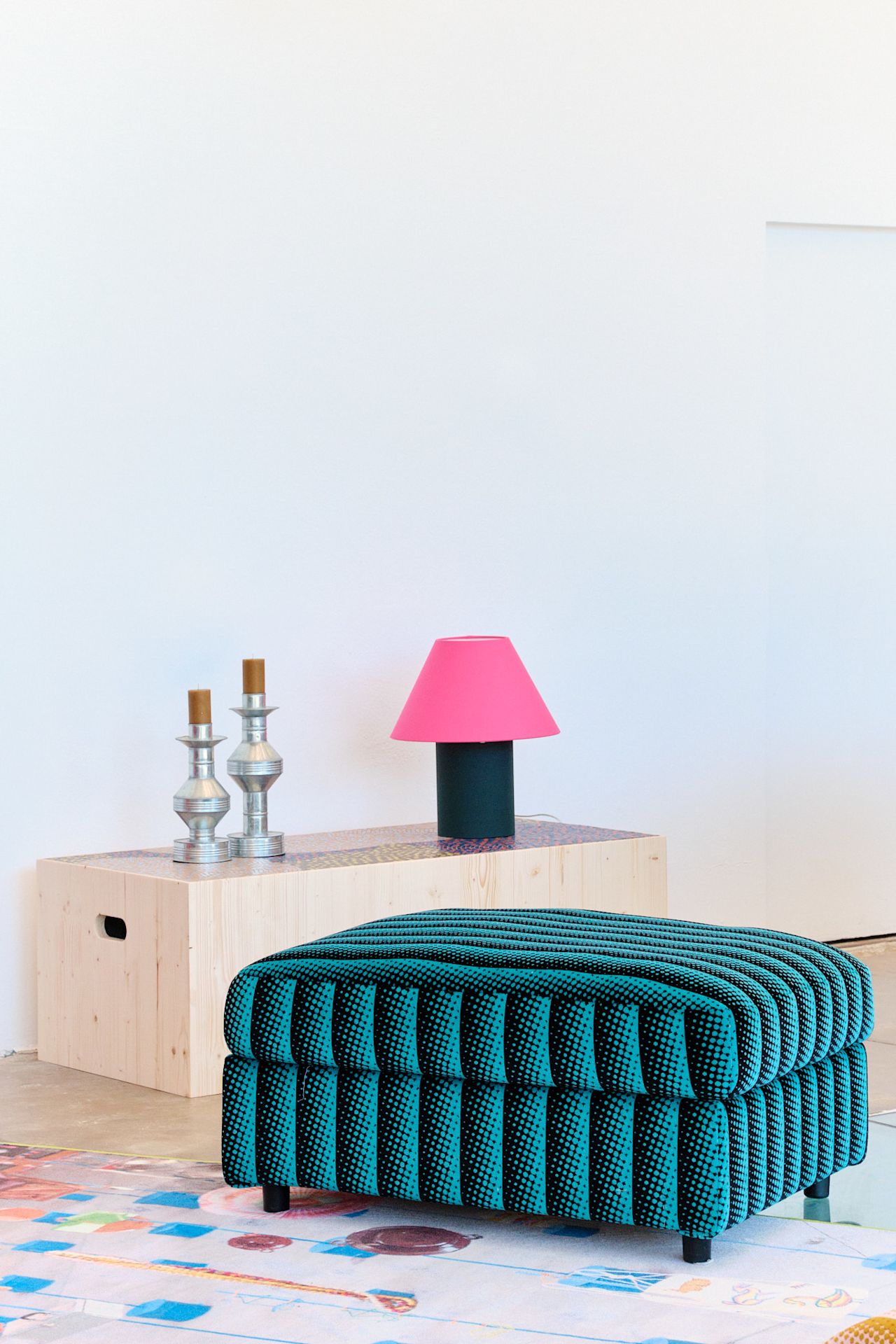
In Hyères, France, at Villa Noailles, Cappello and his team have embedded those mosaics (flat-packed and shipped from Guadalajara) in simple pine frames to make them tables. Lending sudden but definite utility, it’s as if the mosaics had been caught by surprise, as if one possibility among many had been captured in cinematic freezeframe at a moment of becoming – which might be as good a definition as any for Cappello’s approach to design.
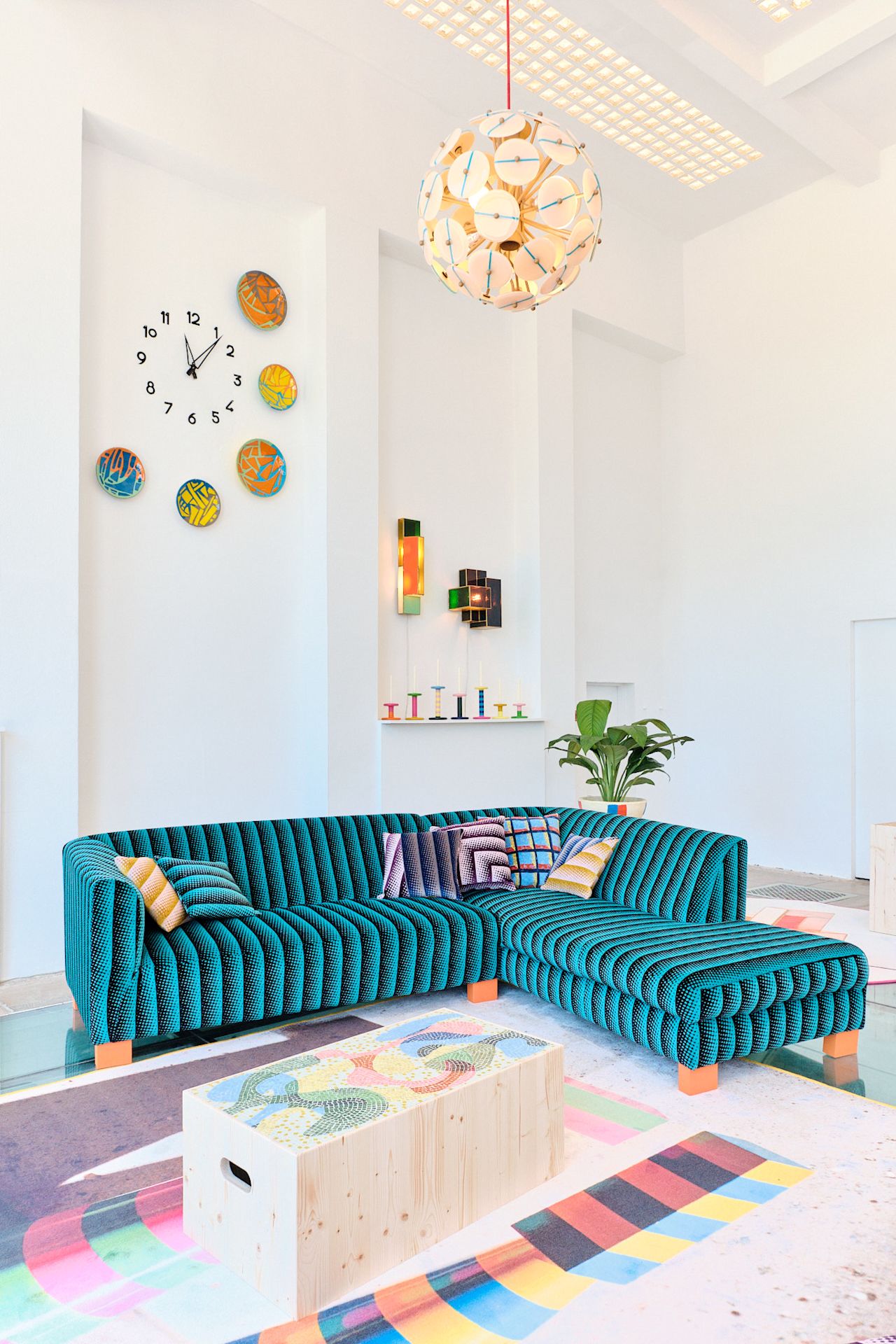
Photography Luc Bertrand - Villa Noailles
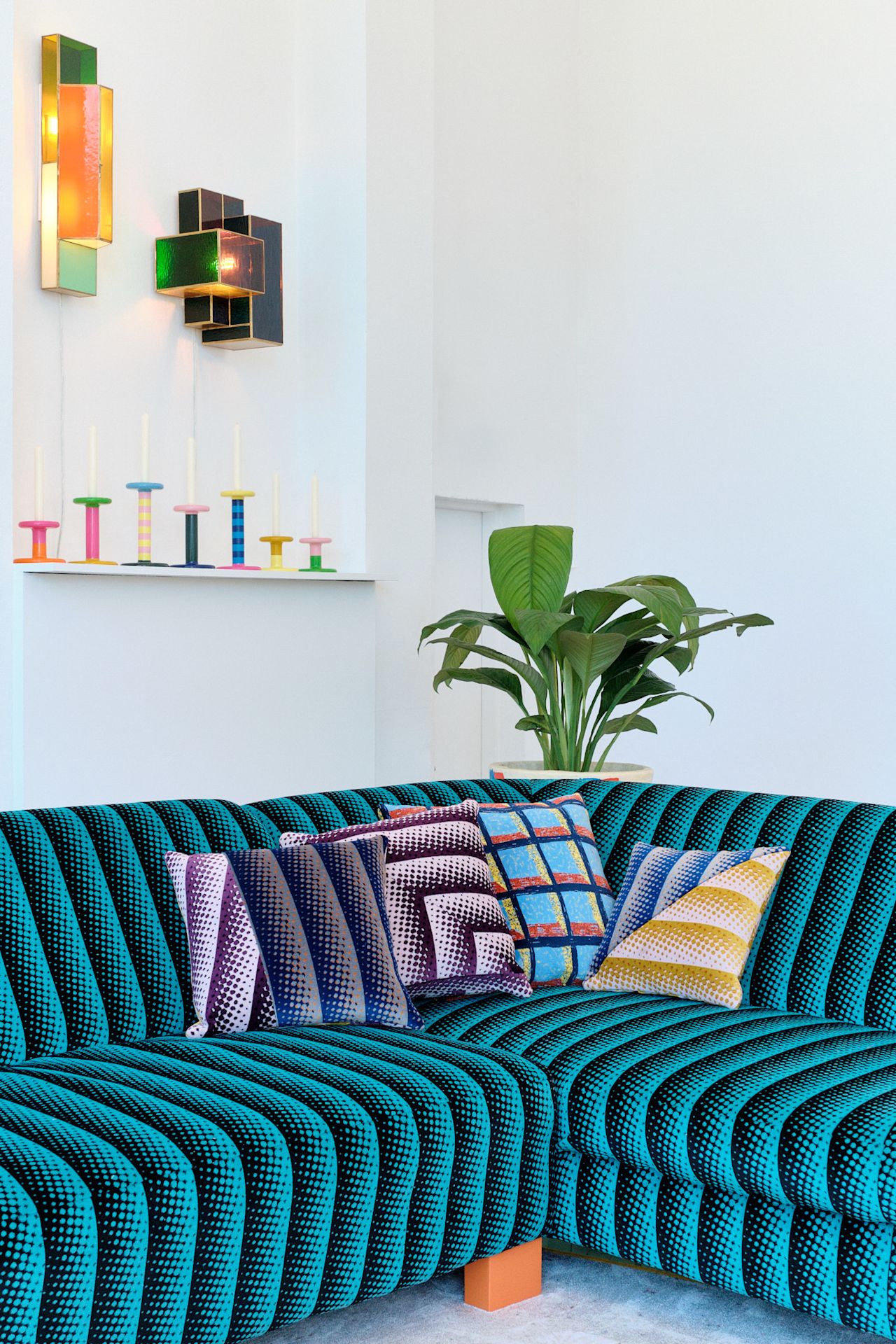
Since founding his practice in London in 2010, and especially since relocating it to Mexico in 2016, Cappello has used design to understand the systems of production and exchange that thrive in the interstices between industry and craft. Rather than working with traditional weavers or ceramicists – totemic figures in the mythic construction of Mexico’s material identity – Cappello seeks out the cottage industries that form the basis of countless urban micro-economies, as well as unexpected applications for materials so quotidian that most people don’t include them in conversations about “design” at all. That might mean collaborating with a family tinplate workshop in Guadalajara to make vases and lampshades using the same rudimentary tools they typically apply to ordinary household items like cake molds, measuring cups and watering cans. It might just as easily mean dreaming up acid-bright surface designs to print on hard-wearing polyester velvet, produced in the industrial city of Lerma by a company that specializes in, among other things, upholstery for passenger buses. Here, you’ll see them on couches and armchairs, but they might work just as well in airports or hospital waiting rooms. Cappello’s objects are expressive of the situations that create them, but they are also the situations they create.
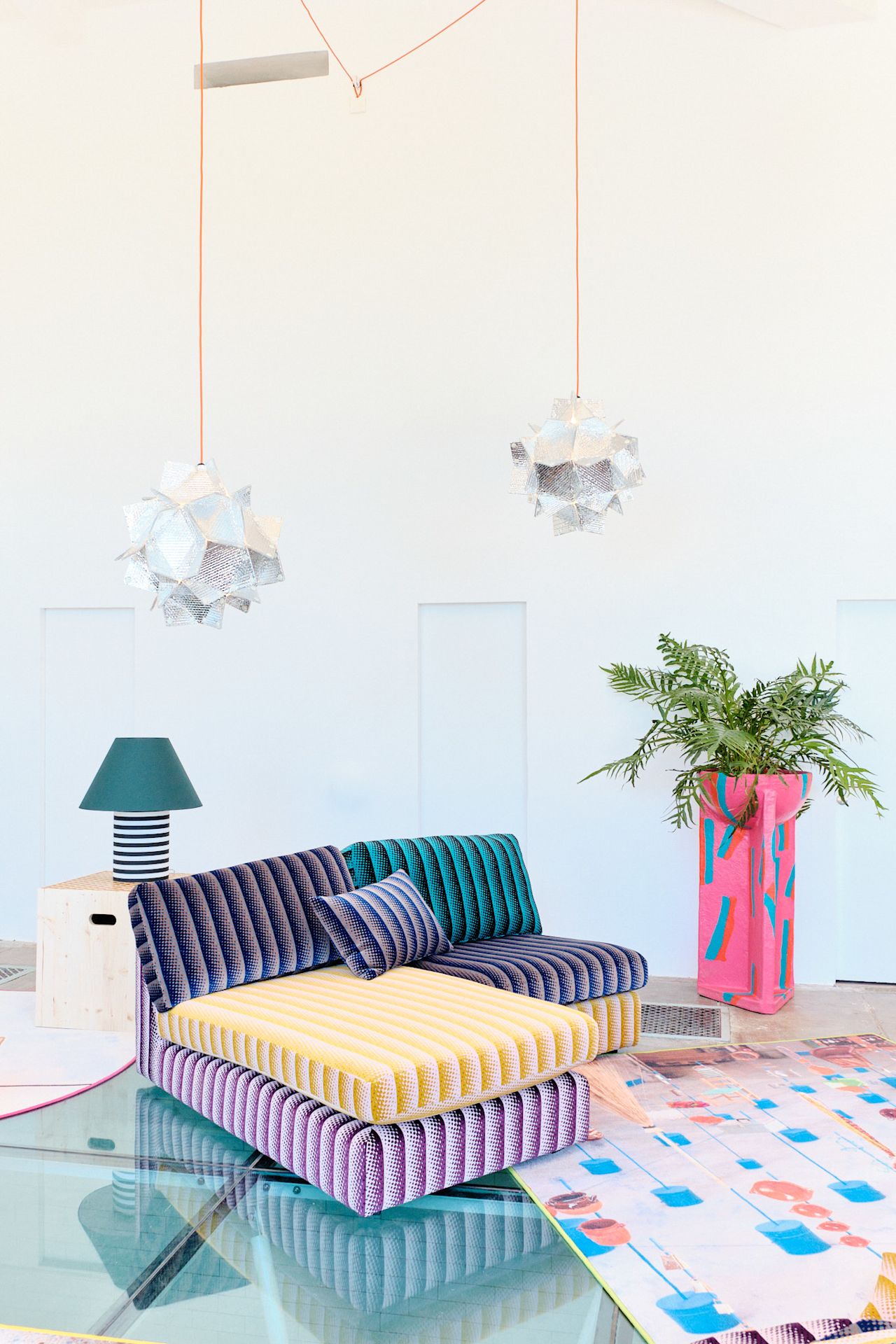
Photography Luc Bertrand - Villa Noailles
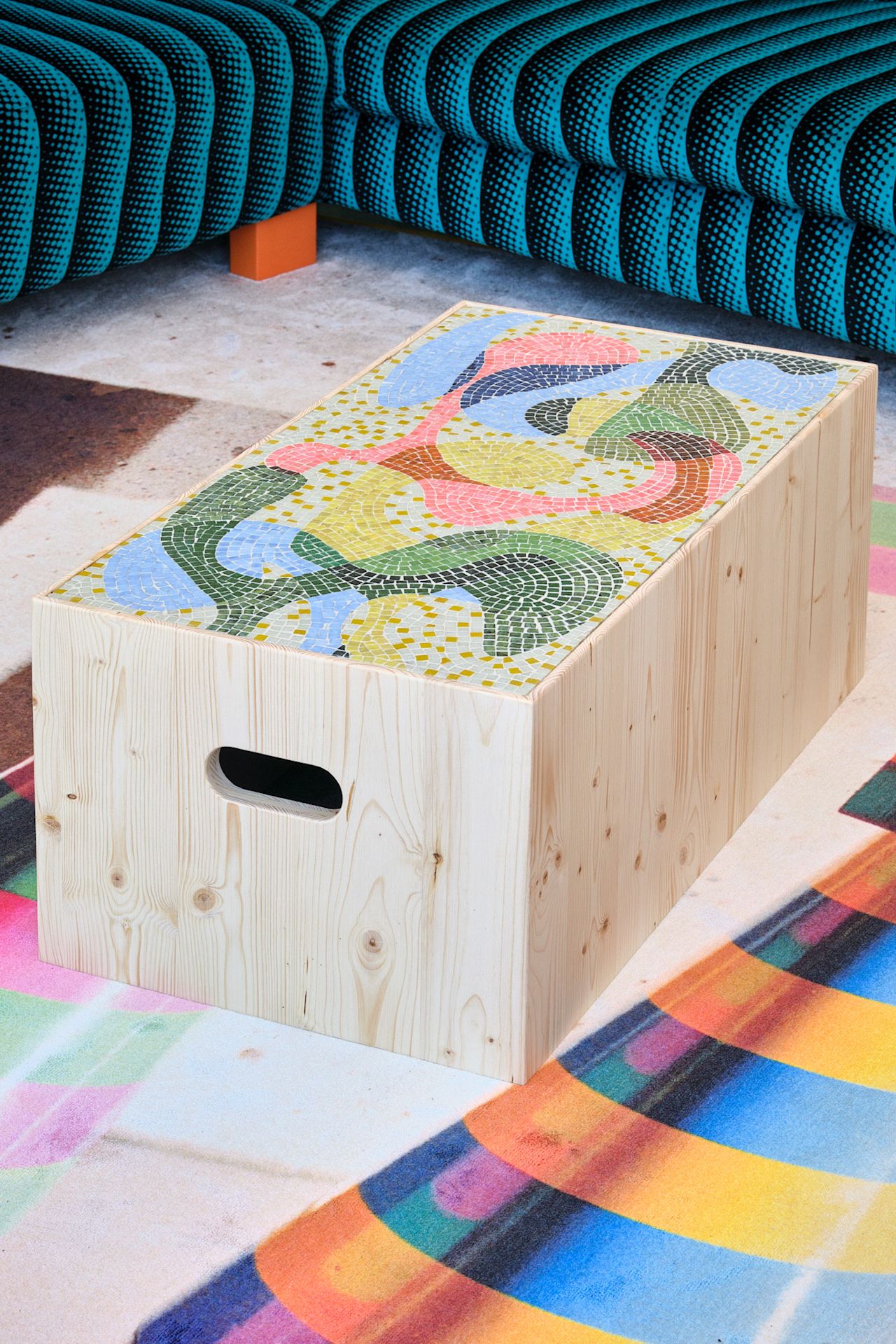
Some examples: the benches on the terrace, with their oil-can planters and striped waterproof-canvas seats, marry the proportions and forms of the iconic sling chairs designed by Villa Noailles’s architect, Robert Mallet-Stevens, with the basic structure of Cappello’s Guadalajara garden benches. He’s used these replicable prototypes to make parklets out of parking spots, each one a micro-occupation that turns private space public. (Perhaps they’ll have a second life in Hyères?) Each design in the squall of wallpapers swirling around the squash court leaped off some other surface – fiberglass or ceramic or fabric – as if restless to see what it might feel like to live in another dimension, to look down from a wall instead of up from a seat or a flowerpot. The furnishings scattered freely over the villa’s swimming pool are all second-hand, many of them donated or lent by the villa’s staff, covered over with Cappello’s fabrics. What happens to them when the show ends is anybody’s guess.
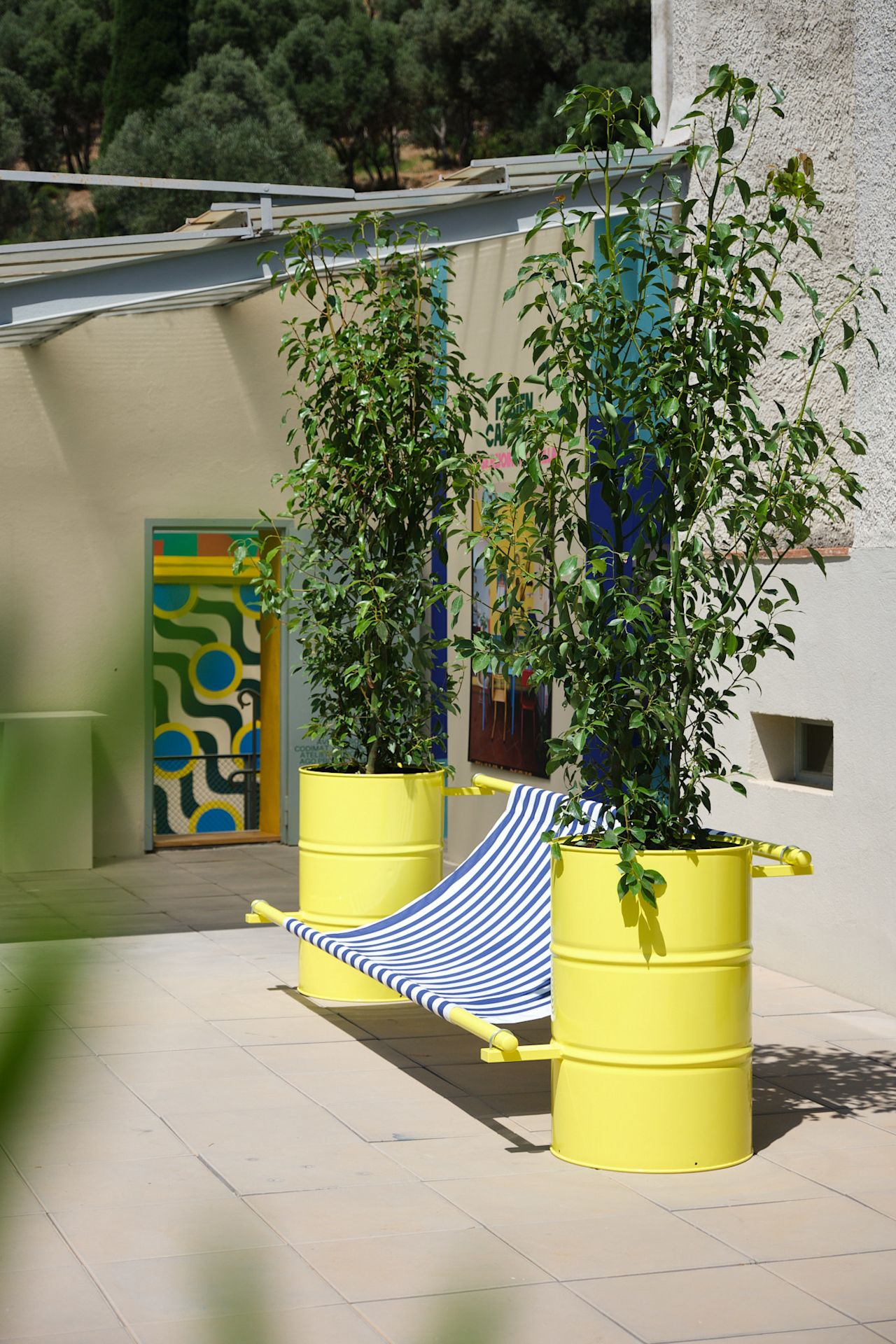
Photography Luc Bertrand - Villa Noailles
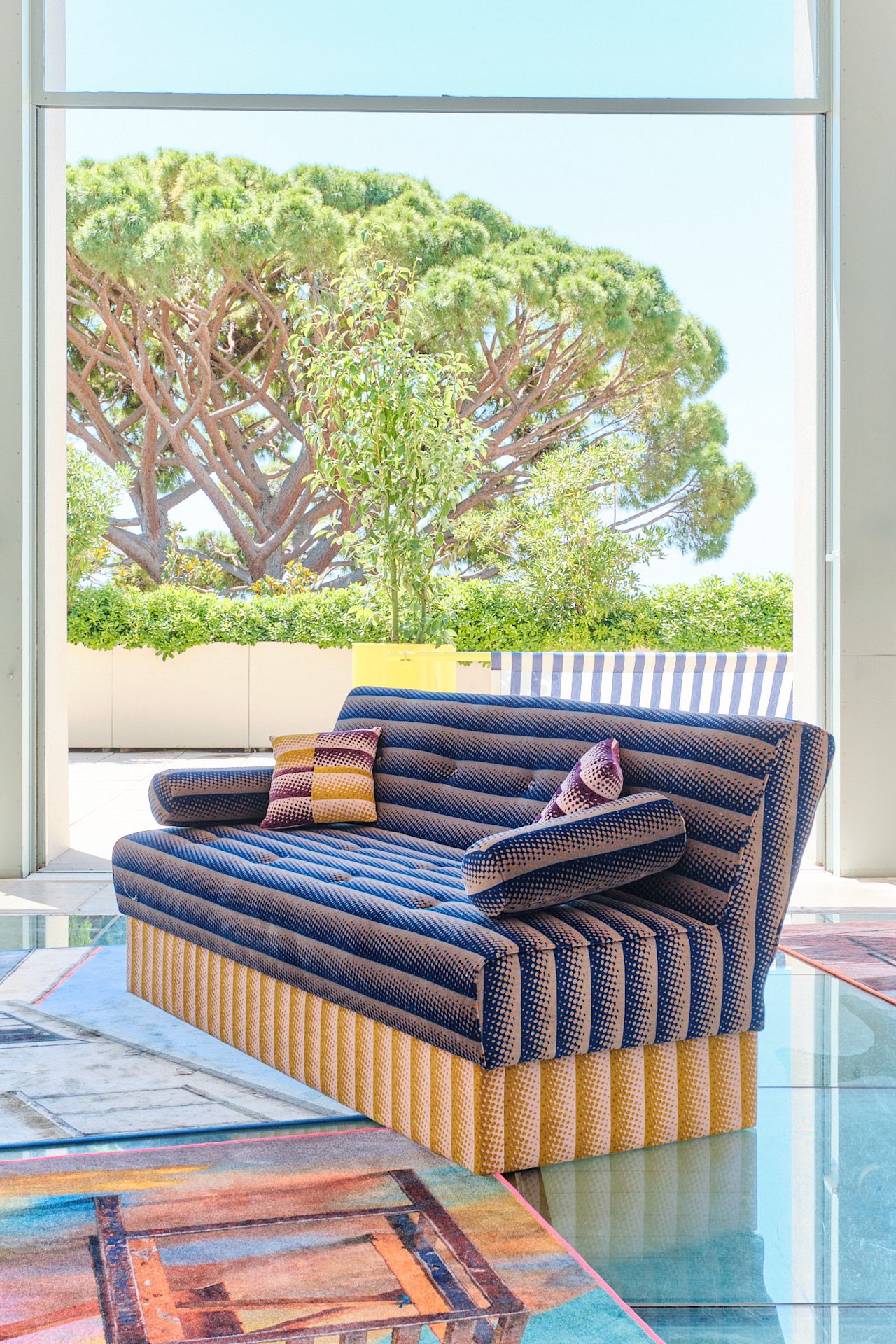
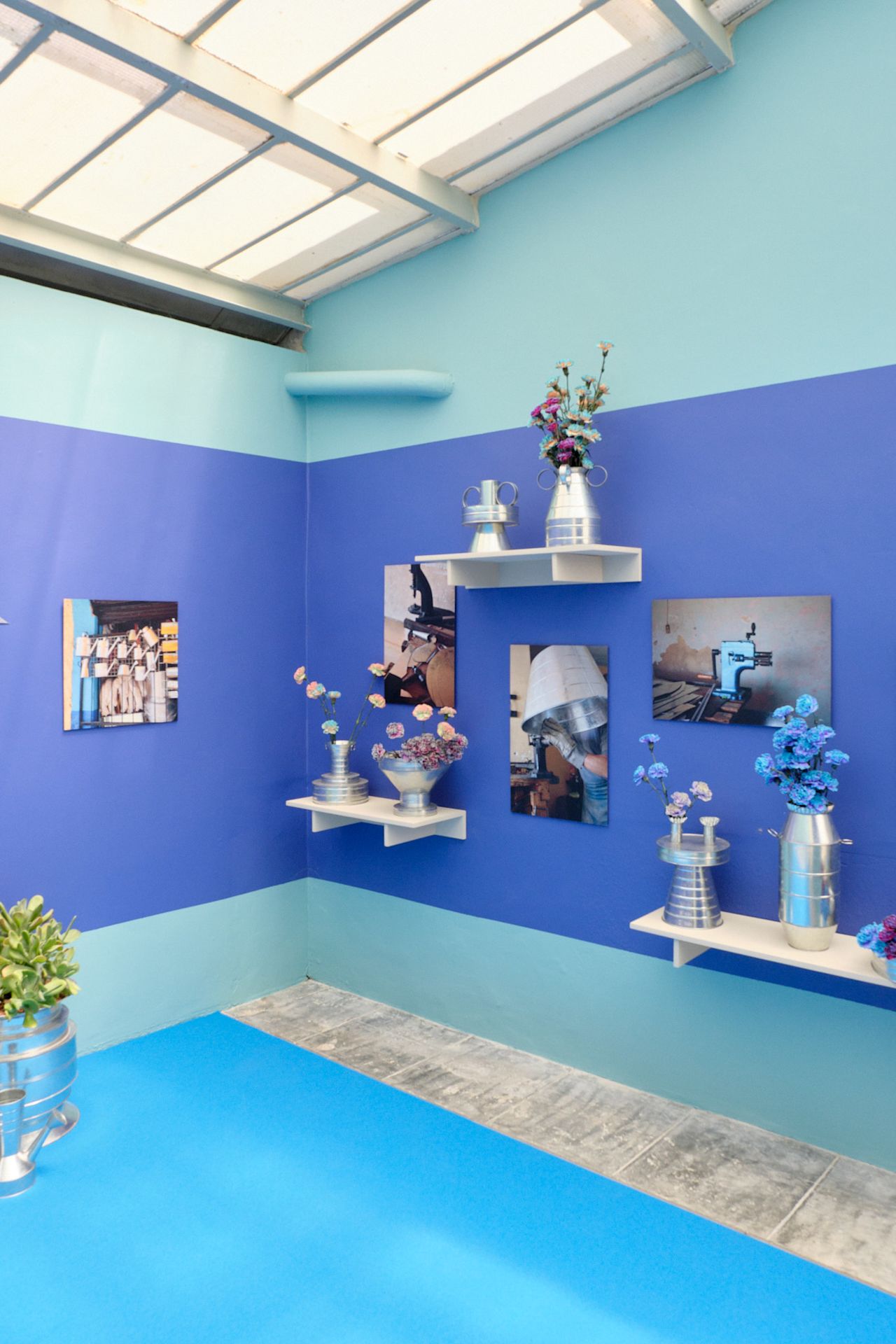
Photography Luc Bertrand - Villa Noailles
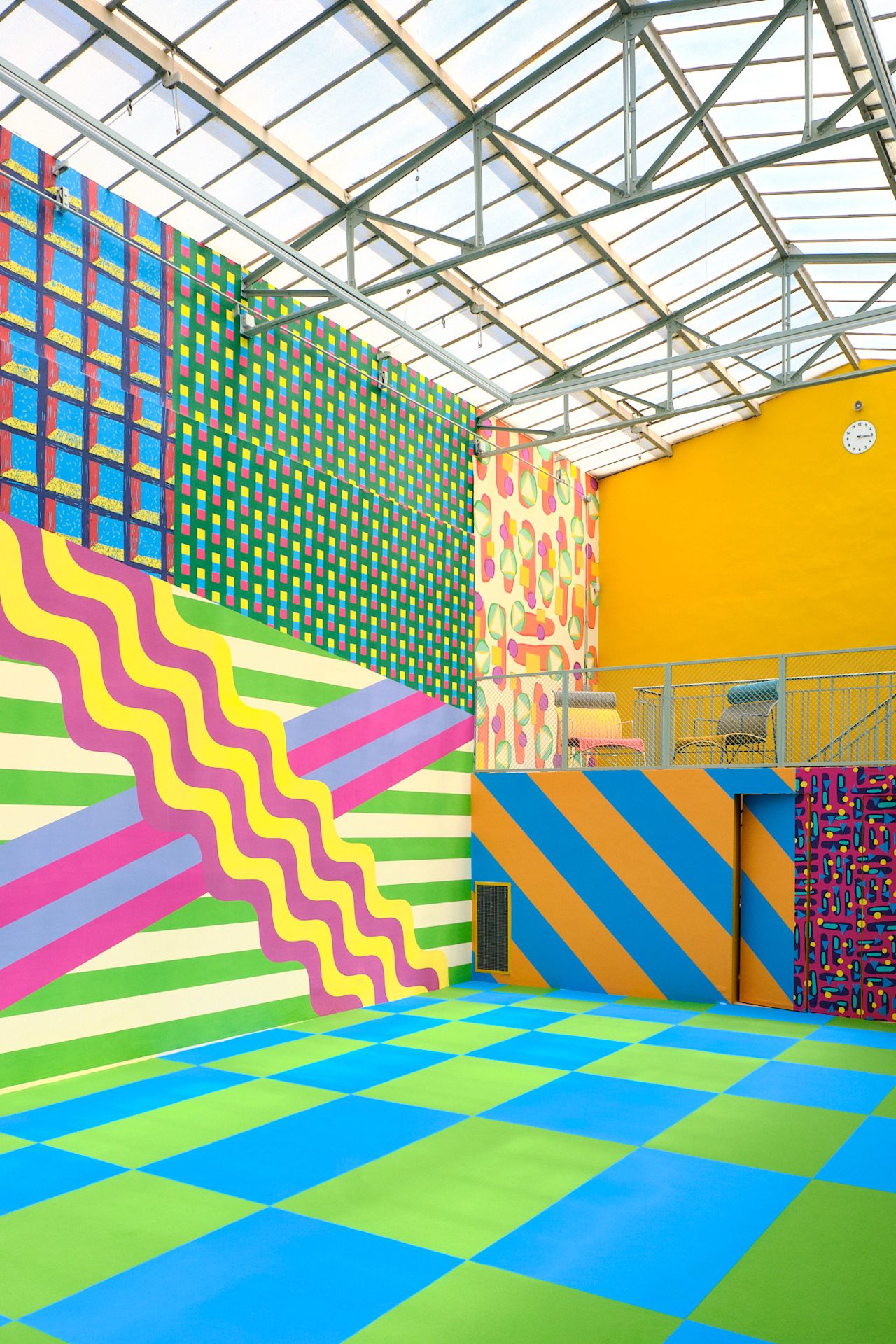
The things you see and interact with in this exhibition are not points or periods at the end of a finely tuned sentence. They’re question marks and semicolons, asking what we imagine for them next, connecting ideas and spaces that might otherwise seem separate: many of them combine elements fabricated 10,000 kilometers away with components assembled right where you’re standing.
These are not collectibles; this is not a show. It’s a collective living room and a salon, a place to sit and talk and think. The objects are the catalysts. Put yourself in a situation and see where it leads.
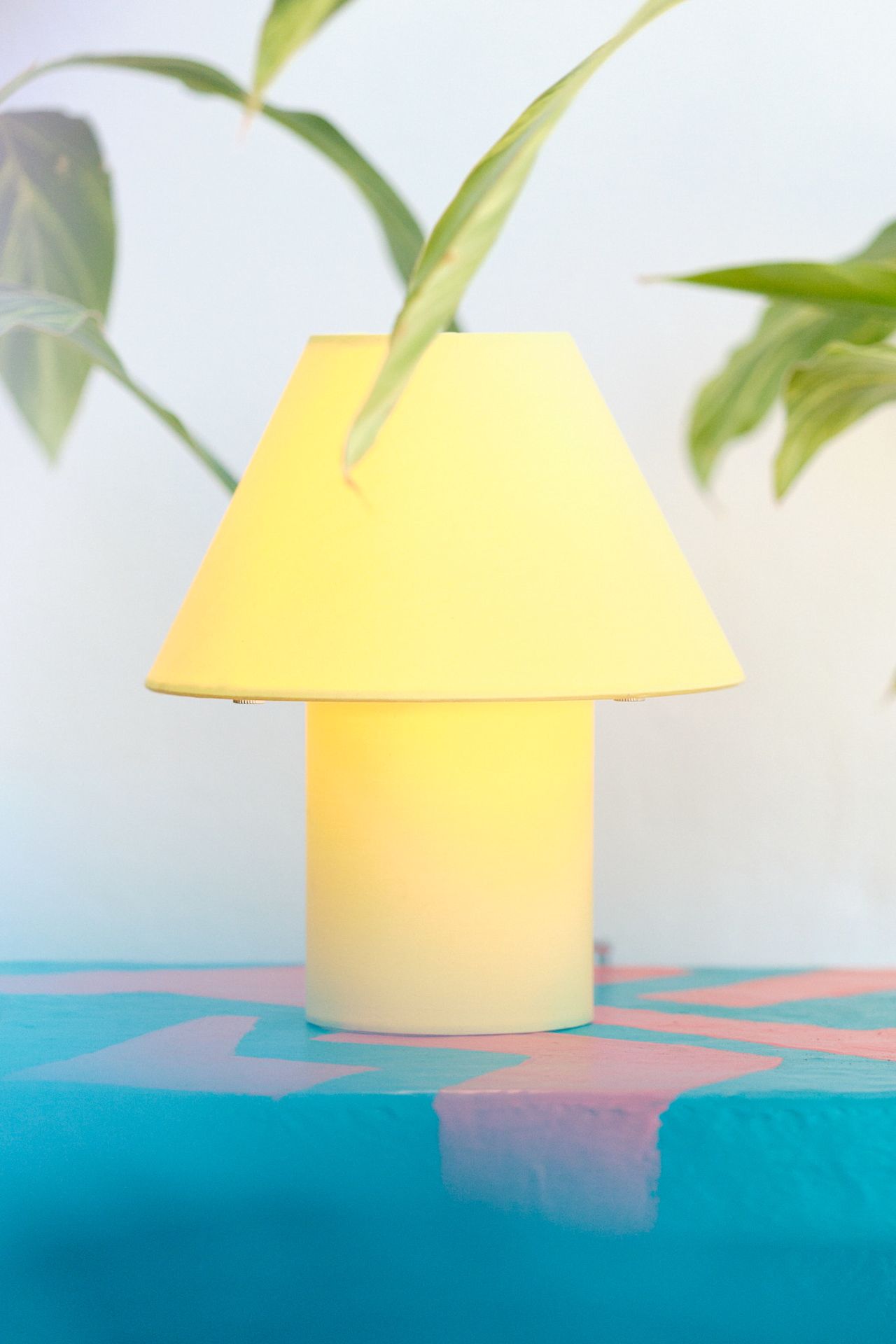
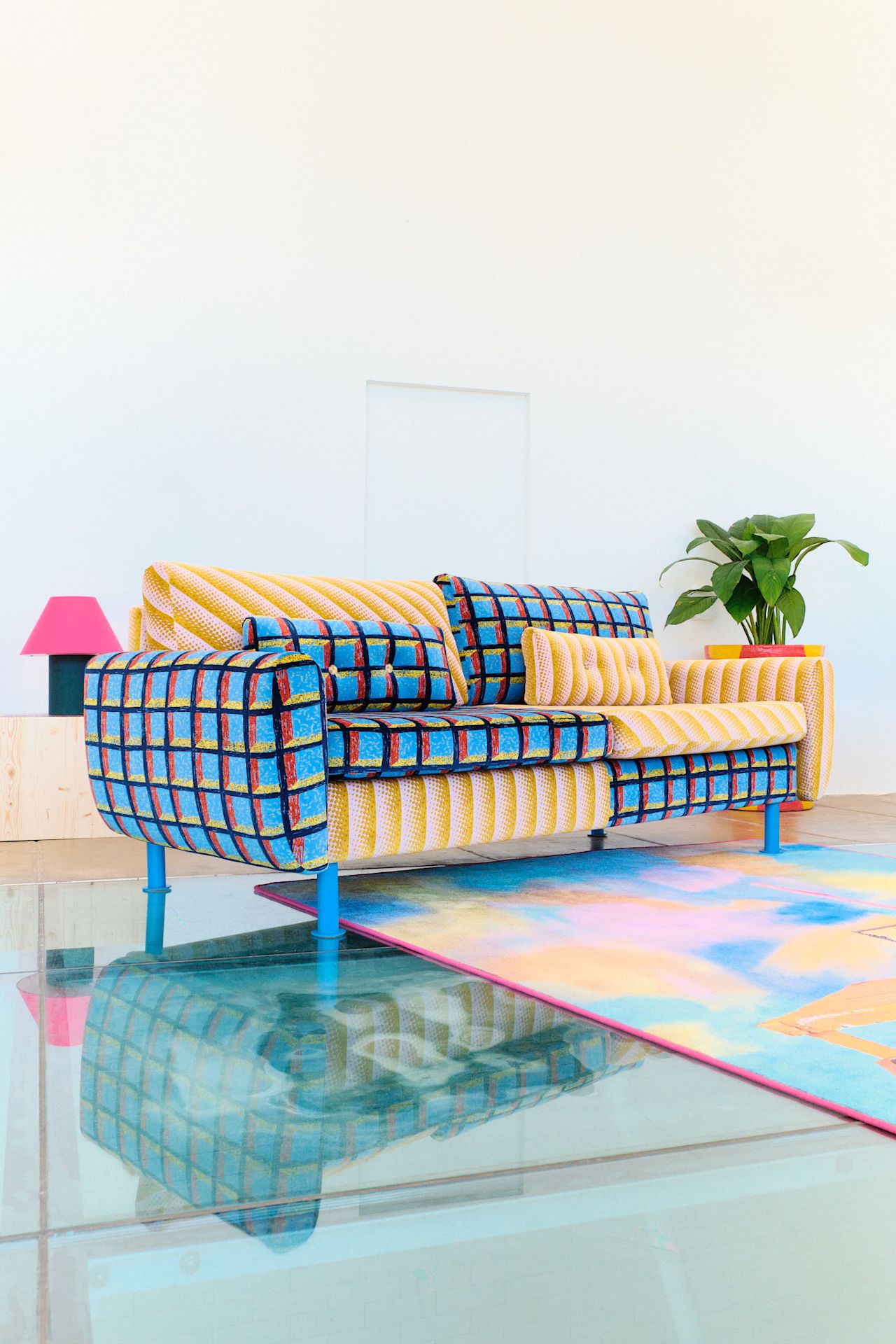
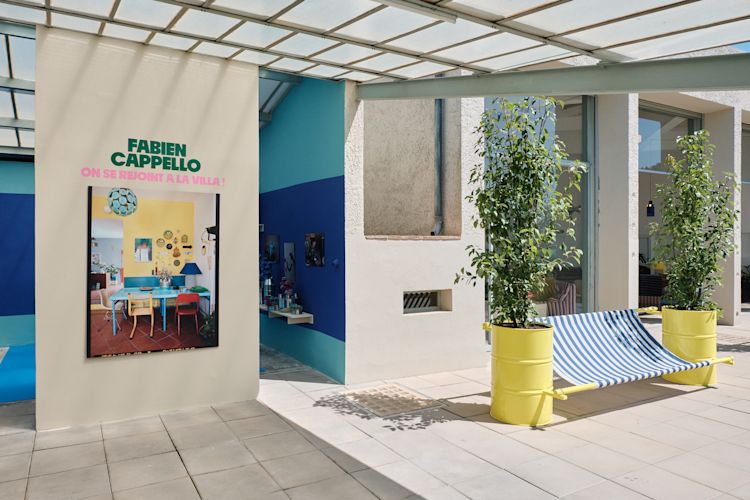
Photography Luc Bertrand - Villa Noailles
